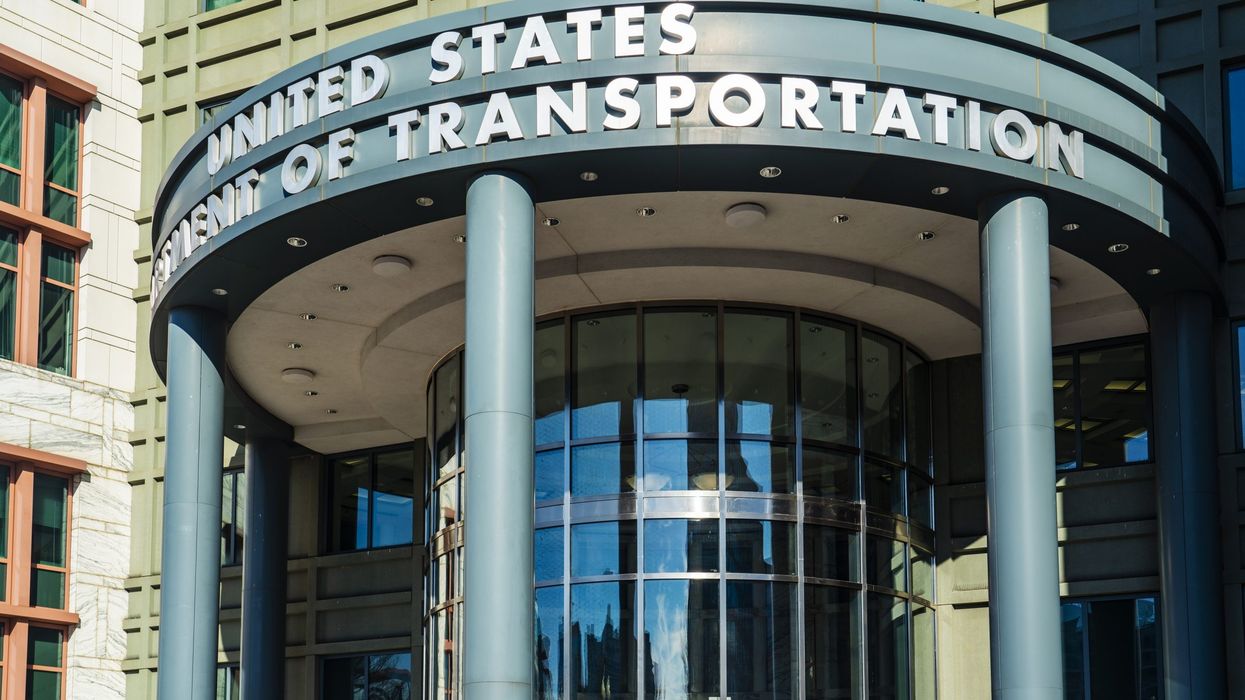AAHOA HIGHLIGHTED USING transportation infrastructure to support long-distance travel and tourism in response to the U.S. Department of Transportation's request for comment on the National Travel and Tourism Infrastructure Strategic Plan. The association urged USDOT to prioritize policies that invest in infrastructure investments including road networks, airports and hotels, AAHOA said in a statement.
USDOT sought comments to update its Strategic Plan, a response to the 2015 Fixing America's Surface Transportation Act mandate. The NTTISP assesses the national transportation network's condition and performance, identifies congestion and travel barriers, and devises strategies to enhance crucial travel infrastructure. AAHOA also emphasized in its comment stimulating demand, improving digital connectivity, supporting sustainable transportation options, facilitating financing for industry stakeholders, and promoting better coordination.
“Implementing these policy recommendations can bolster the travel and tourism industry's recovery by leveraging infrastructure investments in and through hotels," AAHOA commented. "These measures will enhance traveler confidence, improve connectivity, promote sustainability, provide financial support, and foster collaboration among stakeholders, ultimately driving the industry's resurgence after the COVID-19 pandemic."
Going hassle-free is key
In its comment, AAHOA said one key component of improving the performance of the national transportation network is eliminating the “hassle factor” for travelers. This means addressing difficulties, inconveniences, or frustrations that travelers may encounter during long-distance travel and tourism.
“To minimize the hassle factor during hotel stays, hotels are adopting measures to enhance the guest experience and streamline processes,” AAHOA said. “These include seamless check-in and check-out, improved communications and services, and enhanced information and accessibility.”
"We urge the Department of Transportation to recognize the value of partnerships with the hotel industry in updating the National Travel and Tourism Infrastructure Strategic Plan," said Laura Lee Blake, AAHOA president and CEO. "We appreciate the opportunity to ensure all stakeholders in our national transportation network have a voice in this essential conversation, encouraging greater travel and tourism."
"Hotels and transportation infrastructure are vital in supporting long-distance travel and tourism, which should be defined as 50 miles or more from home to the destination," said Bharat Patel, AAHOA chairman. "By leveraging partnership opportunities, hotels and transportation can effectively support travel and tourism. AAHOA members are prepared to assist the Department of Transportation in its crucial efforts to enhance vital travel infrastructure."
AAHOA members, who own 60 percent of U.S. hotels, contribute $368.4 billion yearly to the economy, as per Oxford Economics. This emphasizes the significance of America's travel infrastructure for the economy.
Last week, AAHOA announced its support for the Essential Workers for Economic Advancement Act amid hotel workforce shortages. AAHOA leaders recently met with members of the Critical Labor Coalition and U.S. Rep. Lloyd Smucker, the lead sponsor from Pennsylvania. The act proposes a market-driven visa system to help employers hire workers for hard-to-fill positions while prioritizing U.S. workers.






